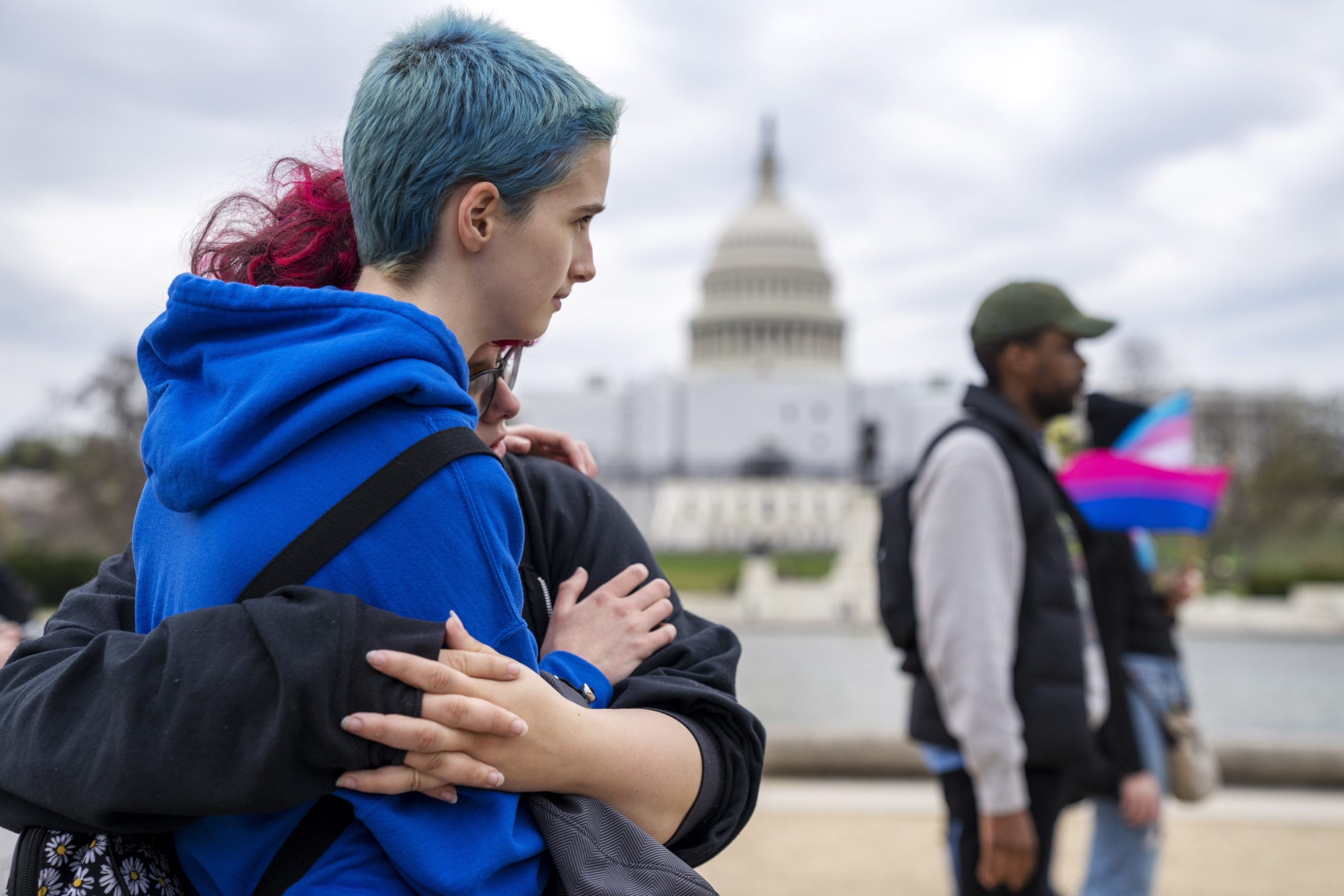What do you think of when you hear the word “civics”? For most adults, civics likely conjures distant memories of a high school course in which they memorized the three branches of government and other constitutional trivia.
Unfortunately, that experience of civics hasn’t changed much. What has been missing from civics education for decades is deep civic learning, in which students come to understand what a good democratic government looks and feels like and deeply connect with their own capacity to shape the future.
What is the result? When it comes to politics and community involvement, young Americans — who are the most demographically diverse young generation in our nation’s history — often feel disconnected, left out of the discussion, disengaged from community resources, unwelcome, bored and ignored.
Such feelings are causing an unprecedented level of disillusionment with democracy, not just as a concept but as a way of life. A recent Harvard poll revealed that 64 percent of 18- to 29-year-olds in the U.S. have “more fear than hope about the future of democracy in America.” Likewise, the Institute for Citizens and Scholars’ Civic Outlook of Young Adults in America study of 18- to 24-year-old Americans revealed low knowledge and high levels of discontent with democracy; another poll found that only 27 percent of young people in Generation Z strongly agree with the statement that democracy is “the best form of government.”
Related: Become a lifelong learner. Subscribe to our free weekly newsletter to receive our comprehensive reporting directly in your inbox.
While the issue of low voter turnout among young people is something that well-meaning initiatives have tried to address for decades, it’s crucial to recognize that civics is about more than voting. At its heart, civics is about being an engaged and collaborative community member. But with so many young Americans feeling frustrated about the systems they see as broken, and increasingly unable to see channels in the existing structures to make things better, something needs to change.
The key is, as learning science has proven, that civic identity cannot be achieved without young people first feeling a sense of belonging and agency in their communities. Being aware of how their government works is not enough to motivate young people to take part in it. Today’s teens and young adults won’t take action if they don’t feel like they are seen for who they are, and that their voices, concerns and needs matter enough to older adults to be taken seriously.
The good news is, at a local and national level, community institutions are actively making efforts to reach out to and listen to young people. At a national level, the museum coalition Made By Us is researching what types of engagement methods actually connect with young Americans ahead of the upcoming 250th anniversary of the Declaration of Independence.
At the regional level, there are growing efforts to build networks for learning that center the unique needs of individual students.
In Pittsburgh, Remake Learning and The History Co:Lab have combined their shared passion for youth-centered learning to create the Civics Education Ecosystem. Fueled by a shared commitment to intergenerational co-creation as a key practice to inspire civic agency, the group’s recent Youth Design Day provided the opportunity for young people from across the region to identify and map spaces that emphasize their authentic participation. The day surfaced how a sense of belonging can be fostered in a wide range of institutions, from museums and government agencies to art centers and community spaces. At the same time, the youth participants highlighted that many institutions do not yet know how to meaningfully engage teens; in response, the teens crafted a workshop to train community organizations in authentic ways to encourage youth participation — a workshop that is taking place this October.
Related: We can and must start early and teach students to become active citizens
Building strong civic learning ecosystems, both in-person and online, is crucial in a world in which so much of young people’s lives are centered in digital spaces. Over 40 percent of Americans age 18 to 29 rely on social media as their primary news source, so it’s essential that young people have experiences that bridge across differences, connect to their hopes and needs and put the news they see online in context.
Lessons in Civics
The Hechinger Report and Retro Report partnered to produce work about how students are participating in civic life and how they are being taught the significance of that activity.
As the concept of learning ecosystems helps more people recognize the rich tapestry of opportunities that exist in their communities, now is the time for America to redesign civics education to center on local relationships and experiences. We know that young people seek hands-on, real-world knowledge, and that they want to be heard and involved. Let’s provide them with more possibilities to engage in civic learning and action beyond the confines of a textbook.
Let’s create more spaces where teens and young adults are recognized for their ideas, seen as equal partners in the civic process and feel like they truly belong. Only by inviting young people into the conversation, enabling them to lift and share their voices and encouraging their sense of agency and purpose will we help them grow up with the experience and knowledge they need to step into their civic roles as makers and leaders of our shared history.
Tyler Samstag is executive director of Remake Learning. Fernande Raine is the founder of The History Co:Lab. Together they have formed the Civics Education Ecosystem.
Contact the opinion editor at opinion@hechingerreport.org.
This story about civics education was produced by The Hechinger Report, a nonprofit, independent news organization focused on inequality and innovation in education. Sign up for Hechinger’s weekly newsletter.
#OPINION #Rethinking #civics #education #starts #inviting #teens #cocreate
